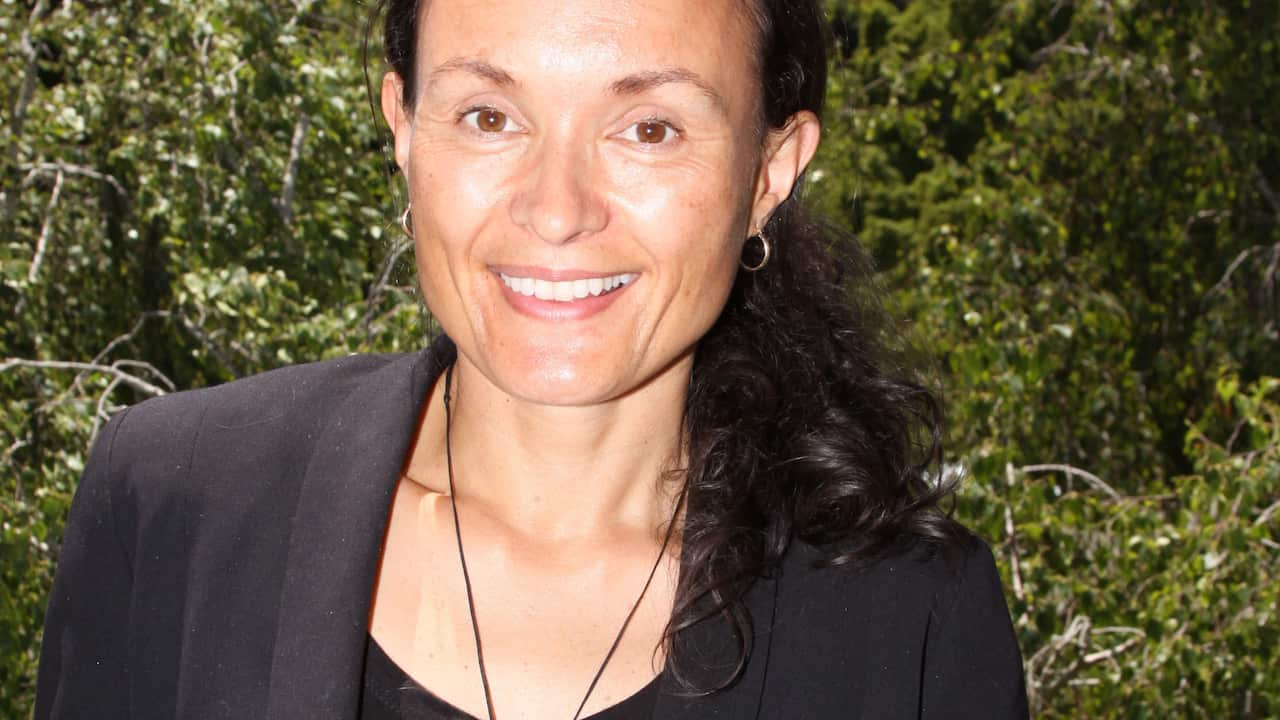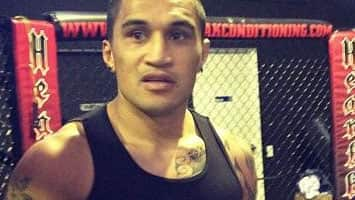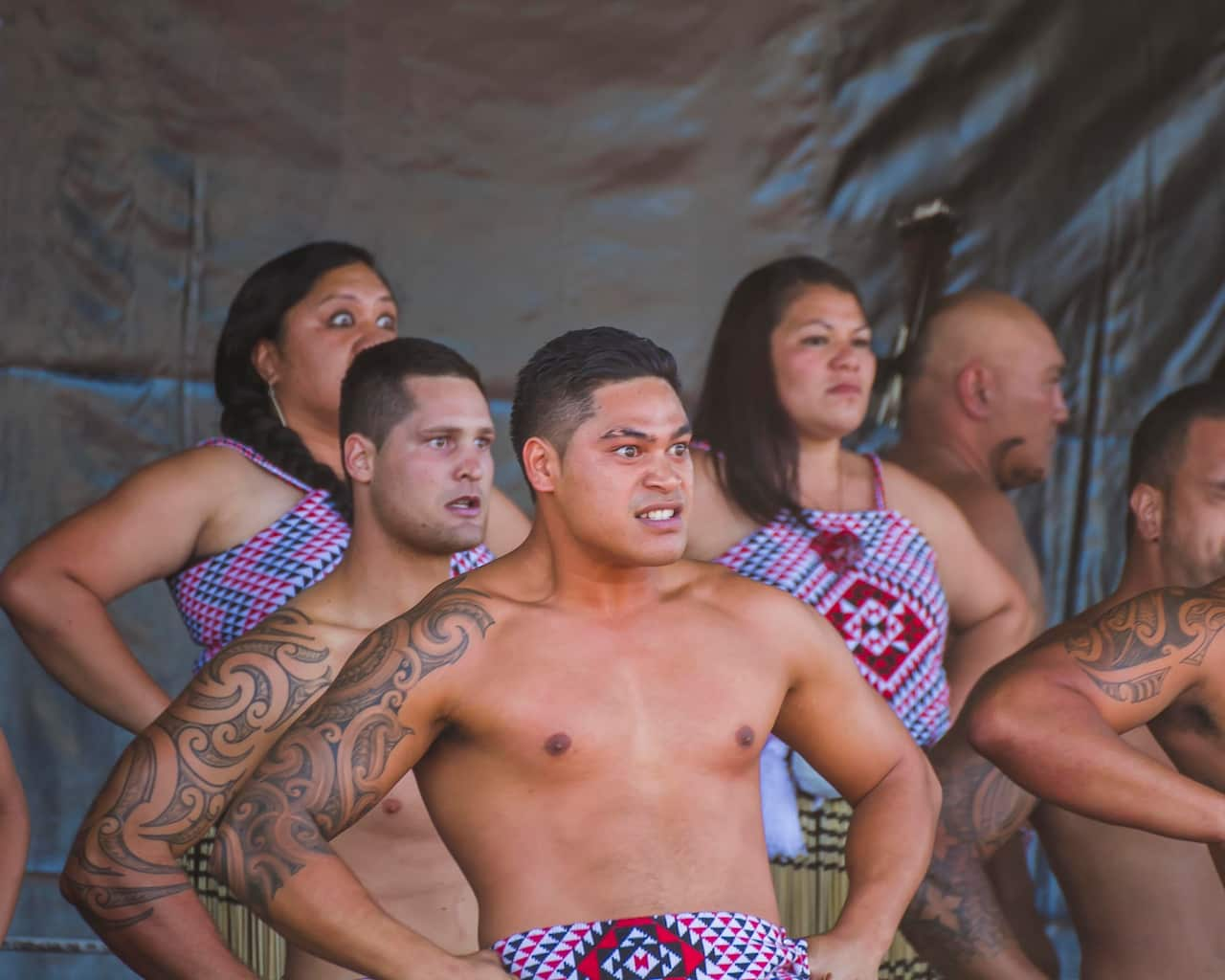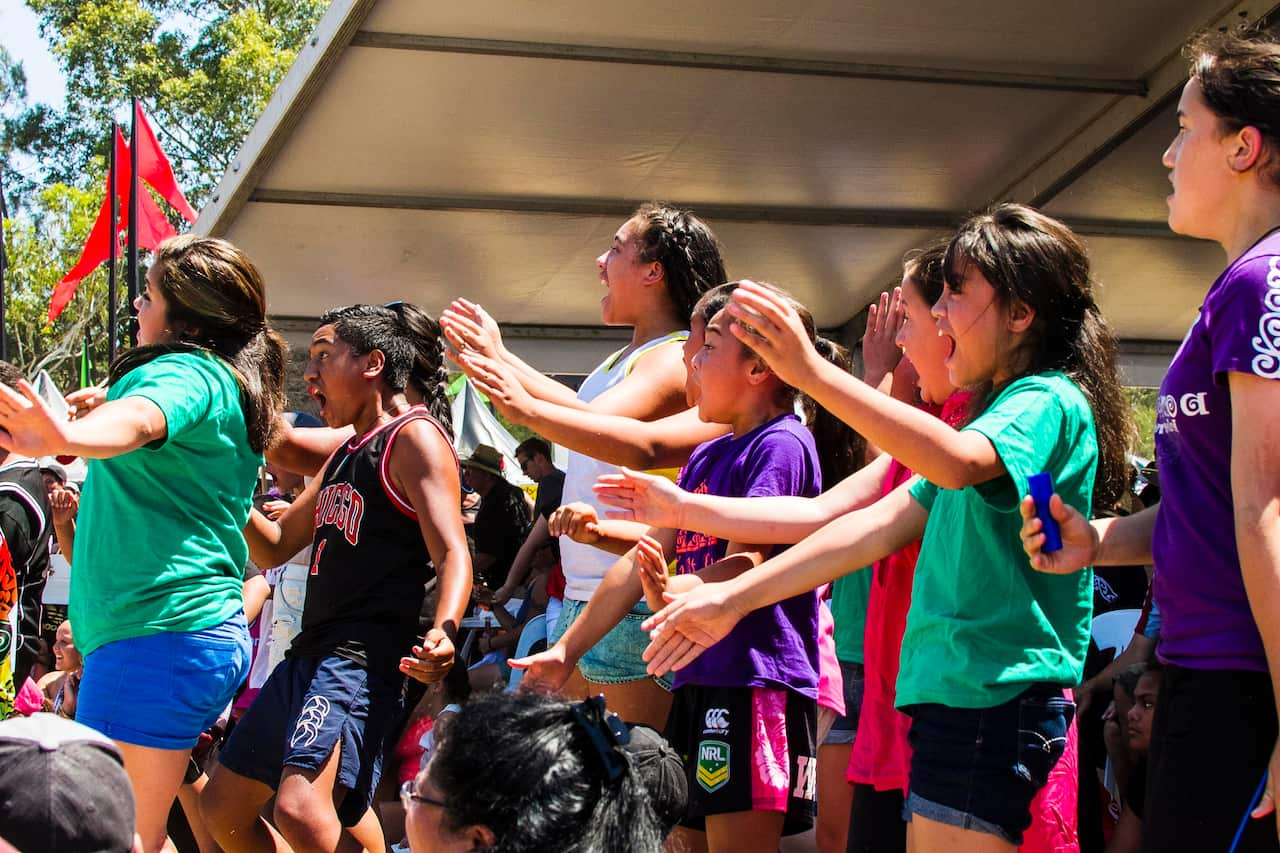Johnny Nepe Apatu couldn't believe his luck when he landed a truck-driving job in Brisbane that paid $60,000 for half a year's work.
It wasn't the type of work he had done back home in New Zealand but the pay was good and it would go a long way to his goal of setting up a better life for his children and grandchildren in Australia.
But his stint as a high roller didn't last long and just one year later, in late 2011, the 58-year-old found himself out of work and living on the streets.
Whether out of pride or shame or a mixture of the two, he didn't want to call his family and ask for help.
"I told them I was coming here because it's a better place so I didn't want to bother them with it," he says.
The numbers
Johnny is part of a growing number of Maori who move to Australia each year in search of greater opportunity and economic advantage.
According to 2011 Australian Census data, there are 128,434 Maori living in Australia - affectonately nicknamed "Mozzies".
Many are migrants like Johnny, but there is also an increasing number of people born in Australia to one out of two Maori parents.
Dr Tahu Kukutai, senior research fellow at the National Institute of Demographic and Economic Analysis at the University of Waikato in New Zealand, says the distinction between the two groups is important.
"When you look at the age structure of Maori migrants and Australian-born Maori, they are very different, she says. "The migrant population is concentrated in the key working ages, while Australian-born Maori are very young."
Dr Kukutai, whose report A Socio-demographic Profile of Maori living in Australia was published in June 2013, says it is well established that Australia pays higher wages than New Zealand in many industries.
"Maori migration to Australia takes place within a much broader context which has seen a growing income gap between New Zealand and Australia generally," she says. "And that's been a source of some anxiety in New Zealand."

But she says understanding why people leave and what impact the mass migration will have on Maori culture remains significant.
"For Indigenous peoples that have experienced colonisation, identity and culture and inter-generational sustainability are always at the forefront," she says.
"So we have to grapple with these big issues, and understanding the circumstances of our people in Australia is really important."
Breaking the mould
Ben Tua moved to Melbourne in 2008 and has lived in Perth since 2009.
The 26-year-old bar owner says while money was a drawcard, he was also keen to break away from the status of Maori in New Zealand.
"There's a stigma against Maori in New Zealand but when they move to Australia that reputation isn't there," he says.
"The reputation of Maoris in Australia in my mind is of hard workers; really reliable people. Whereas back home you're just a 'typical Maori'."
"You break free of that cast, your kids are going to have a better life and it continues on – you've broken the whole chain – so I guess it's a no-brainer."
Ben, who has two children with his Australian-born partner Rachel, says he still feels connected to his culture but feels no need to live in New Zealand right now.
"The plan was initially to go and earn money and come back but that was six years ago," he says.

Cultural connection
Gold coast gym owner Cole Te Tuhi Puri Smith also moved to Australia thinking he would stay for a short time.
But the 32-year-old star of New Zealand reality television show The GC – which follows the lives of a group of Maori living on the Gold Coast – has lasted 10 years.
He says he has no fear of losing touch with his culture by living away from New Zealand.
"I'm very staunch in my culture," he says. "For me, it's very important."
He is keen to pass on knowledge of traditional Maori practices to his young son and says he believes more people are doing the same.
"It's becoming more cool to know about yourself which is a good thing," he says.

Johnny Nepe Apatu, who now lives in Craigieburn and works as a tutor of traditional Maori practices to children aged 0-15, is equally invested in his Maoridom.
"I grew up on a marae and did everything in the Maori way back home. My kids and grandchildren were brought up in the same way. It is the most important part of my life," he says.
Living in Australia, he has found a likeness between Maori and Aboriginal communities.
"The culture is different but if you understand the Indigenous side of things, you'll know there is a connection," he says.
"We have a land connection, we have a sky connection, father and mother earth – we've got those connections, so I'm quite comfortable living here."
A population exposed
Having arrived after 2001, Johnny falls into a class of New Zealanders who do not have rights to certain benefits and social services.
He says these changes to the law put people like him in an extremely vulnerable position.
"You might work five months straight then for the next seven months you're trying to find work," he says. "There's no relief.
"You've got to rely on your wits or your family or you suffer - and you suffer bad."
Dr Tahu Kukutai says Maori have alarmingly low rates of citizenship in Australia – it became difficult for New Zealanders to attain citizenship under the 2001 law changes – and says this is an issue "because there's a very large portion or Maori in Australia who are contributing to the tax base, but have no rights."
"And it's not that Maori are singled out. This is the way indirect discrimination works."

Prime working-age
Dr Kukutai's research shows that while Maori people do earn more in Australia, they are disproportionally represented in semi-skilled and low-skilled jobs by comparison with the national Australian workforce.
Nearly four out of every 10 employed Maori migrants in Australia works as a labourer, machinery operator or driver, her report states.
This proportion far exceeds the share for non-Maori New Zealanders (19 per cent) or Australian-born Maori (22 per cent).
But Dr Kukutai says it is important to remember that the income gap between Australia and New Zealand is greatest in low-skilled jobs.
"So in a way that's where your migrant premium is going to be higher," she says.
READ MORE - Comment: Where's the choice, bro? Kiwis in Australia get a raw deal
She says while Australia offers great incentives in these sectors, the over-representation of Maori workers in low- and semi-skilled positions puts them at a disadvantage.
"Even if they are getting paid more, that's not a good story," she says. "One or two male Maori in prime working-ages are concentrated in those jobs."
Home
Despite his hardships, Johnny insists that Australia is the "land of opportunity" and people just have to work a little harder to set themselves up.
He - like Cole and Ben - would love to come home one day, but says at the moment it doesn't feel right.
"I miss living on the marae but I'm not going to be here for the rest of my life," he says.
"I'm just setting up a future for my grandchildren and children, if they want that future.
"Because there's no future for us back home."

Does this issue affect you? Tweet @SylviaVarnham or @SBSNews to join the conversation.

